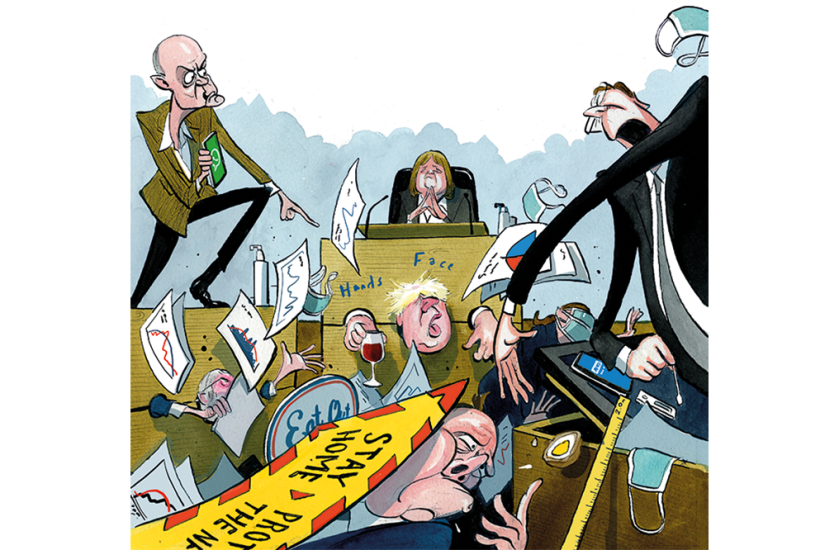The Covid Inquiry grinds on. The process is ‘too focused on office tittle-tattle’ says one former minister in my newspaper this morning. Possibly – though it may also be that the warped focus consists in the media reports filtering out the worthier but more boring stuff. The inquiry (say others) is too focused on the speed or otherwise with which Britain locked down, rather than whether we should ever have locked down as we did in the first place.
Already a subscriber? Log in
Subscribe for just $2 a week
Try a month of The Spectator Australia absolutely free and without commitment. Not only that but – if you choose to continue – you’ll pay just $2 a week for your first year.
- Unlimited access to spectator.com.au and app
- The weekly edition on the Spectator Australia app
- Spectator podcasts and newsletters
- Full access to spectator.co.uk
Or
Unlock this article
You might disagree with half of it, but you’ll enjoy reading all of it. Try your first month for free, then just $2 a week for the remainder of your first year.









Comments
Don't miss out
Join the conversation with other Spectator Australia readers. Subscribe to leave a comment.
SUBSCRIBEAlready a subscriber? Log in